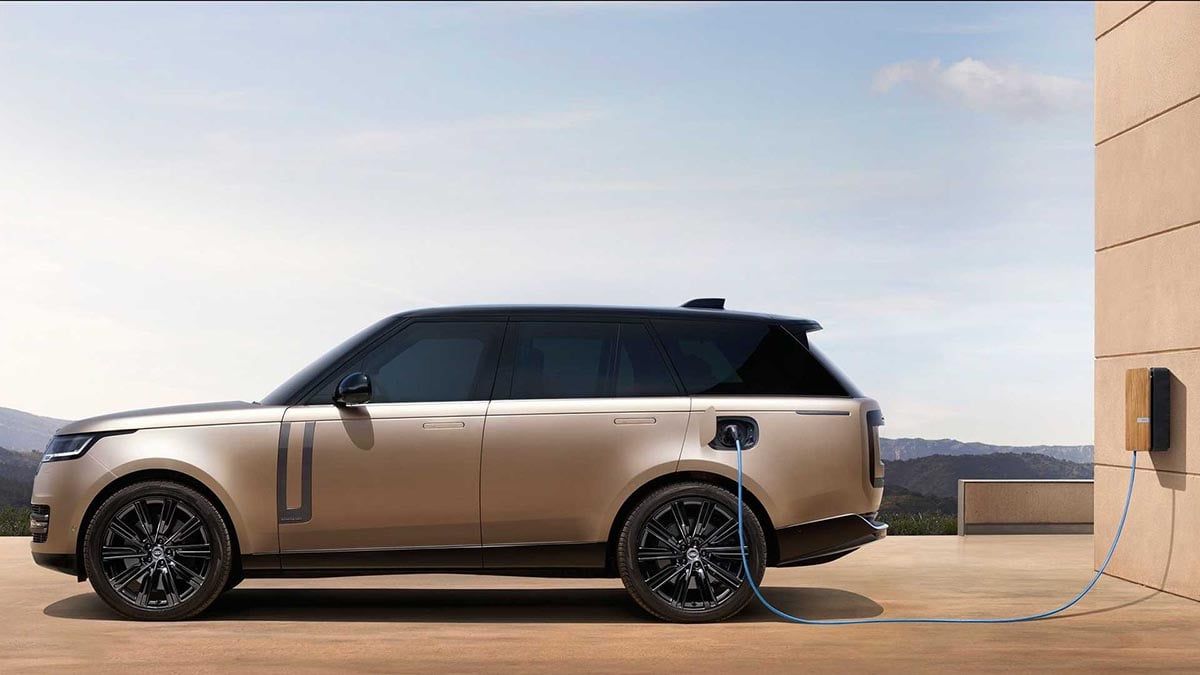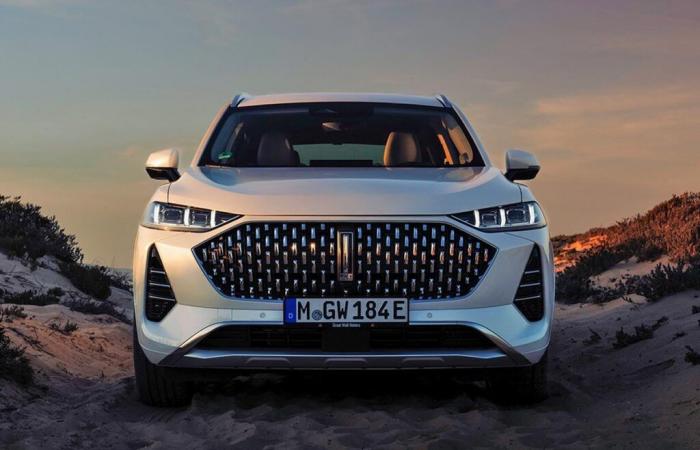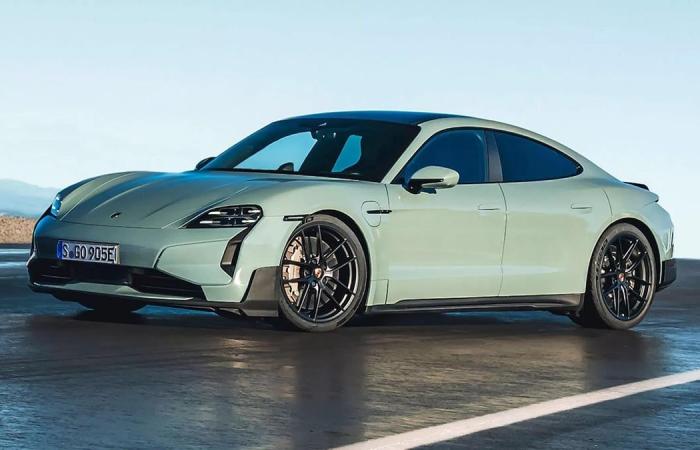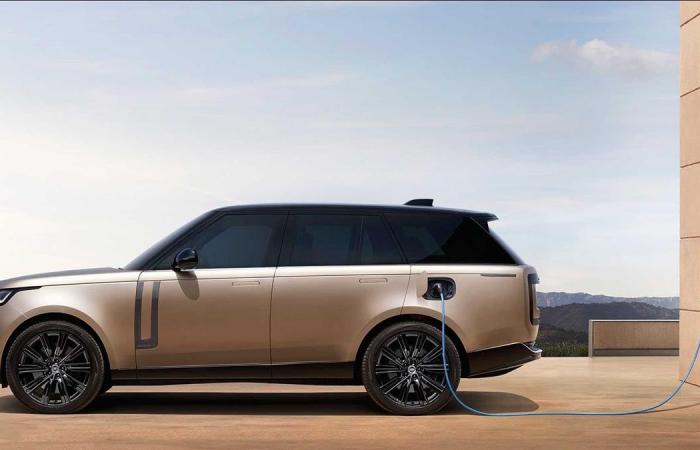The luxury automobile market in Europe is changing, and 2024 marks a decisive turning point. Once dominated by iconic electric sedans like the Porsche Taycan and Mercedes EQS, sales are now refocusing on Hybrid SUVs. These vehicles, which combine performance, practicality et energy flexibilityhave been able to conquer a demanding clientele looking for innovation without compromise.
The numbers speak for themselves: while electric sedans are experiencing alarming sales declines, some hybrid SUVs are experiencing spectacular growth. THE Mercedes-Benz GLC hybride rechargeablefor example, has become one of the most popular models in the premium SUV segment, attracting customers attracted by its increased autonomy and its ability to alternate between thermal and electric motors. This shift illustrates not only a change in consumer preferences, but also a rapid adaptation of manufacturers to new market realities.
Hybrid SUVs don't just offer a technical alternative; they embody a new vision of luxurywhere durability meets comfort and style. With their raised driving position, their robust design and their high-end interiors, they meet multiple expectations while respecting increasingly strict environmental standards. This revolution marks a redefinition of automotive luxury, with profound implications for the future of the industry.
Decline of electric sedans: analysis of the causes
For several years, large electric sedans have embodied the future of automotive luxury. With models like the Porsche Taycanl’Audi e-tron GTor even the Mercedes EQSthese vehicles promised to combine performance, elegance, and an environmentally friendly electric engine. However, in 2024, sales of these models will record a dizzying drop, symbolizing a gradual lack of interest in the market for this segment.
184 horsepower and only 4.7 L/100 km: This hybrid sedan defies the laws of physics
Alarming figures
The decline is striking: registrations of the Porsche Taycan fell by 50% in one year, while those of the Audi e-tron GT fell by 45%. Even the Mercedes EQS, the brand's spearhead, saw its sales decline by 32%. If the BMW i7 managed to maintain a slight increase (+4.4%), it remains an exception in a declining landscape.
Explanatory factors
Several reasons explain this sudden disenchantment with electric sedans:
- Insufficient charging infrastructure: Although sales of electric cars are growing, the development of charging infrastructure is not keeping pace. Long charging times and a lack of charging stations in some regions create obstacles for users of large sedans intended to travel long distances.
- Autonomy perceived as insufficient: Although premium electric sedans often offer greater range than city cars, customer expectations in this segment are higher. The constraints linked to autonomy remain a significant obstacle.
- Lack of renewal in design: Compared to SUVs, electric sedans suffer from a more conventional image. Customers are now looking for bold and imposing designs, qualities often associated with SUVs.
- Internal and external competition: Manufacturers themselves increasingly favor hybrid and electric SUVs, often perceived as more profitable and more popular.
The decline of electric sedans highlights a shift in priorities in the automotive luxury sector. Consumers are now favoring more versatile vehicles, capable of meeting their needs without compromise, which is pushing manufacturers to rethink their strategy for this segment.

The reasons for the success of luxury hybrid SUVs
While large electric sedans are struggling to seduce, Luxury hybrid SUVs are experiencing a meteoric rise in the European market. These vehicles, symbols of versatility and modernity, perfectly meet the expectations of customers looking for innovation and comfort. But what explains such enthusiasm?
The new Spanish gem that revolutionizes the hybrid: record autonomy and giant trunk
1. The practicality and image of SUVs
SUVs have become the darlings of the automobile market, including in the luxury segment. Their raised driving positiontheir increased habitability and their imposing aesthetic make them vehicles perfectly suited to the needs of wealthy families and professionals looking for legally rewarding vehicles. They embody a balance between functionality and prestige, something that sedans struggle to match.
2. The flexibility of hybrid technology
Hybrid SUVs, whether plug-in or classic, offer impressive autonomy thanks to their ability to alternate between thermal and electric motorization. This addresses one of the main drawbacks of fully electric cars: reliance on charging infrastructure. With a SUV hybride rechargeableusers can benefit from electric driving in town and switch to the combustion engine for long journeys.
3. Favorable environmental policies
European standards on CO₂ emissions and tax incentives encourage the adoption of hybrids, seen as a ideal compromise between ecological performance and comfort of use. High-end hybrid SUVs meet the criteria for low-emission zones (ZFE), allowing their owners to move freely while benefiting from an ecological bonus in certain countries.
4. A rapidly expanding offering
Manufacturers have understood: hybrid SUVs represent the future of luxury. Models like the Mercedes-Benz GLC hybride rechargeable or the Volvo XC60 Recharge already dominate sales thanks to their performance, refined design and on-board technologies. At the same time, new entrants, such as BMW X5 hybrid and the Range Rover PHEVenrich the offer to capture an increasingly broad clientele.
A market in full transformation
Hybrid SUVs are no longer simply an alternative to luxury sedans: they are redefining consumer expectations in the premium segment. Alliant comfort, style and durabilitythey symbolize a transition to a greener future, while meeting the demands of those who refuse to compromise. Their success is forcing the entire industry to rethink its priorities to adapt to ever-changing demand.








